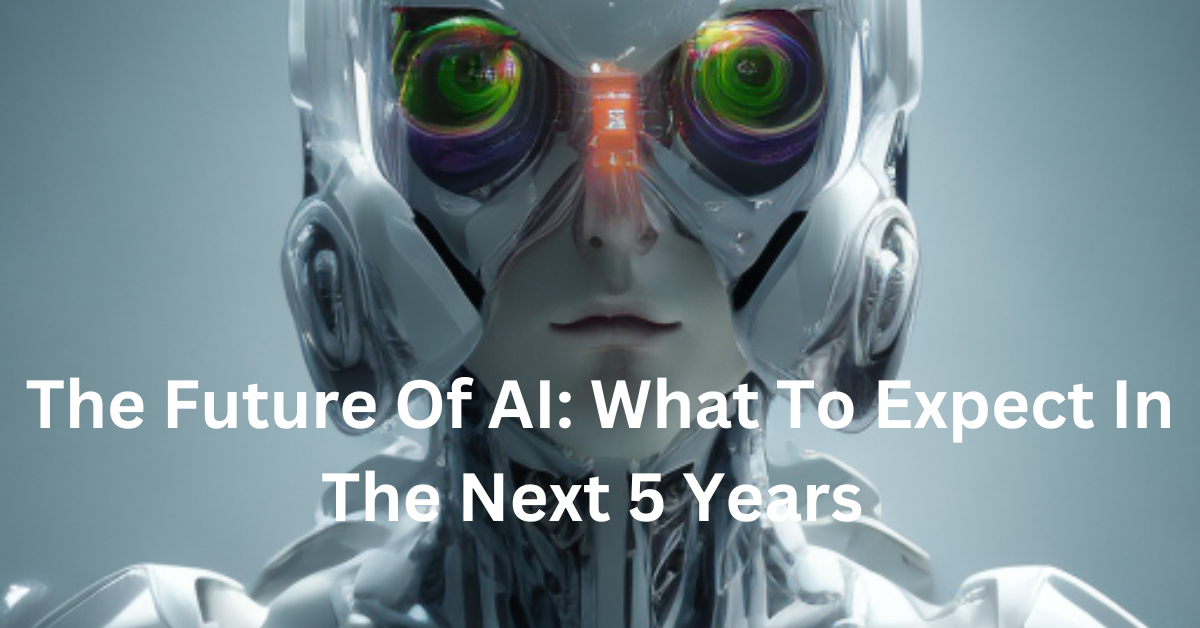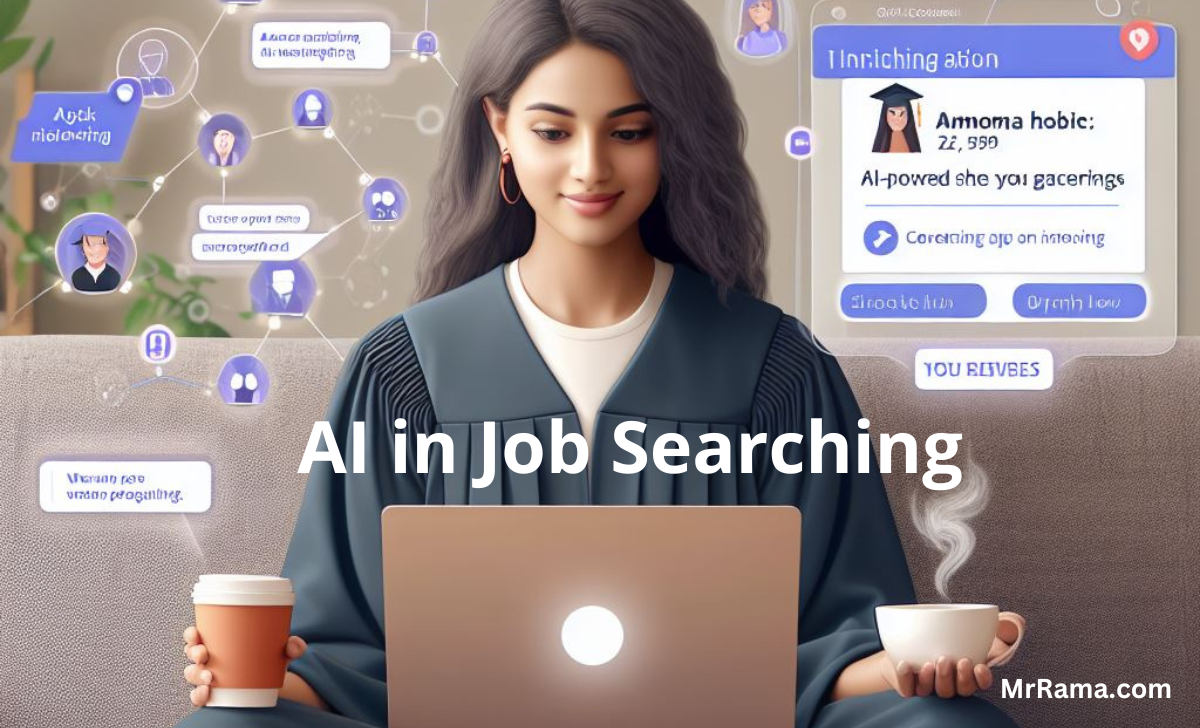|
Listen Now Our Blog Podcast
Getting your Trinity Audio player ready...
|
Artificial Intelligence (AI) has come a long way since its inception, and it is constantly evolving. From chatbots and virtual assistants to self-driving cars and facial recognition, AI has made a significant impact on the world. As we look toward the future, it is clear that AI will continue to shape and transform our lives in many ways. Here are some of the things we can expect in the next five years.
AI Will Become More Human-Like
One of the most significant developments in AI over the past few years has been the increasing ability to create more human-like interactions. This trend is set to continue, and we can expect to see more AI systems that can understand natural language, recognize emotions, and respond to human-like requests. This will enable AI to become even more useful in a wide range of applications, from customer service to healthcare.
In addition to making AI more useful, this trend will make it more accessible to people who may be hesitant to use technology. If AI systems can understand and respond to human-like requests, it will be easier for people to interact with them.
AI Will Be Integrated Into More Devices
Another trend that we can expect to see over the next five years is the increasing integration of AI into more devices. This will include everything from smartphones and laptops to smart home devices and wearables. As the Internet of Things (IoT) continues to expand, we can expect to see more devices that are capable of collecting and analyzing data in real time, which will enable them to become even more intelligent and useful.
As more devices become integrated with AI, we can expect to see a more seamless and intuitive user experience. For example, a smart home system that uses AI to control lighting and temperature could automatically adjust settings based on a user’s habits and preferences.
Ai Will Transform The Workplace
AI is already starting to have a significant impact on the workplace, and this trend is set to continue over the next five years. We expect to see more AI systems that can automate repetitive tasks, analyze data, and provide insights to help businesses make better decisions. This will enable businesses to become more efficient and productive, and it will also create new job opportunities for people with the skills to work alongside AI systems.
One area where AI is expected to have a significant impact is in the field of cybersecurity. AI systems can analyze vast amounts of data and detect anomalies that may indicate a security breach. By automating this process, businesses can improve their security posture and reduce the risk of a data breach.
AI has the potential to revolutionize healthcare by enabling more accurate diagnoses, improving patient outcomes, and reducing healthcare costs. Over the next five years, we can expect to see more AI systems that can analyze medical data, predict disease outbreaks, and develop personalized treatment plans based on a patient’s genetic profile. This will enable healthcare providers to deliver more effective care to patients and reduce the burden on healthcare systems.
In addition to improving patient care, AI can also help to reduce healthcare costs by streamlining administrative tasks. For example, an AI-powered system that can automate claims processing could help to reduce the time and resources required to process claims, which could lead to cost savings for both patients and healthcare providers.
AI Will Play A Bigger Role In Education
AI has already started to transform the education sector, and this trend is set to continue over the next five years. We can expect to see more AI systems that can personalize learning based on a student’s individual needs and abilities, as well as more AI-powered tutoring and assessment tools.
This will enable educators to deliver more effective and personalized learning experiences to students, which could lead to improved outcomes and higher levels of engagement.
In addition to personalizing learning experiences, AI can also help to improve access to education. For example, an AI-powered system that can provide language translation could enable students who speak different languages to learn together, which could help to break down barriers and promote inclusivity.
Ethical Considerations Will Become More Important
As AI becomes more integrated into our lives, it is essential that we consider the ethical implications of its use. Over the next five years, we can expect to see a growing focus on ethical considerations, such as transparency, accountability, and bias. This will be especially important in areas such as healthcare, where decisions made by AI systems could have a significant impact on people’s lives.
To ensure that AI is used ethically, it will be essential for organizations to establish clear guidelines and standards. This will require collaboration between governments, industry leaders, and other stakeholders to develop a framework that ensures the responsible use of AI.
AI Will Continue To Evolve
Finally, we can expect AI to continue to evolve over the next five years and beyond. As new technologies and techniques are developed, AI will become even more powerful and versatile, enabling it to tackle new challenges and opportunities.
One area that is likely to see significant progress in the field of deep learning. Deep learning is a type of AI that is inspired by the structure and function of the human brain. Over the next five years, we can expect to see more advances in deep learning, which could enable AI systems to perform even more complex tasks and achieve even higher levels of accuracy.
Conclusion
AI is set to play a significant role in shaping the future over the next five years. From more human-like interactions to transformative applications in healthcare, education, and the workplace, AI will continue transforming our lives in many ways.
As AI becomes more integrated into our lives, it will be essential to consider the ethical implications of its use and to establish clear guidelines and standards for its responsible use. With continued innovation and progress, AI has the potential to help solve some of the world’s most significant challenges and create a brighter future for us all.




